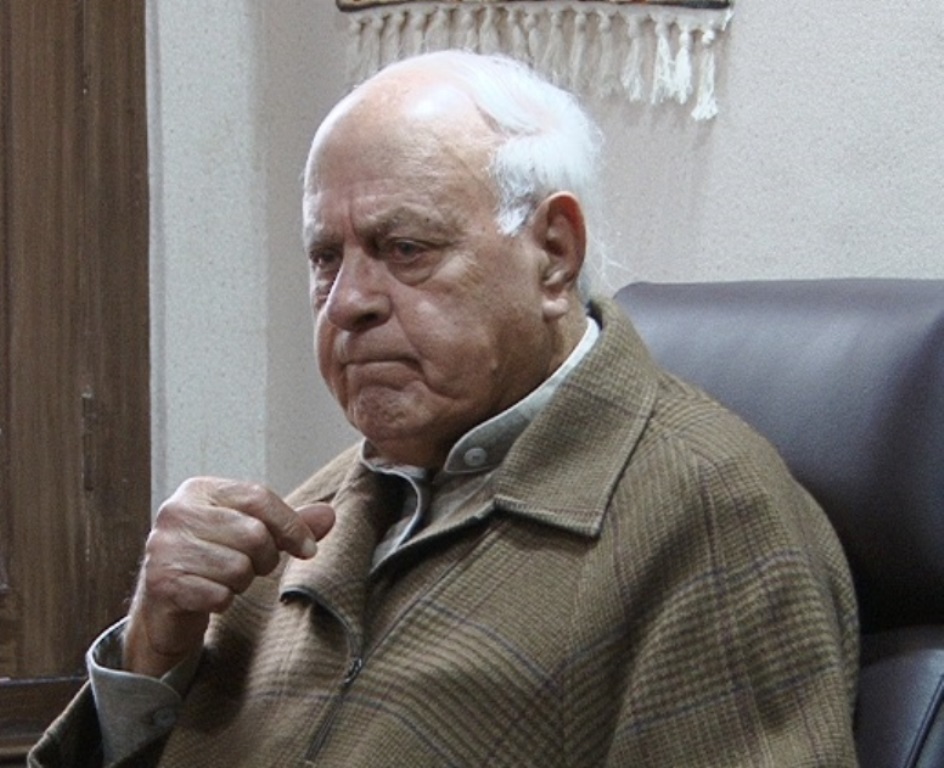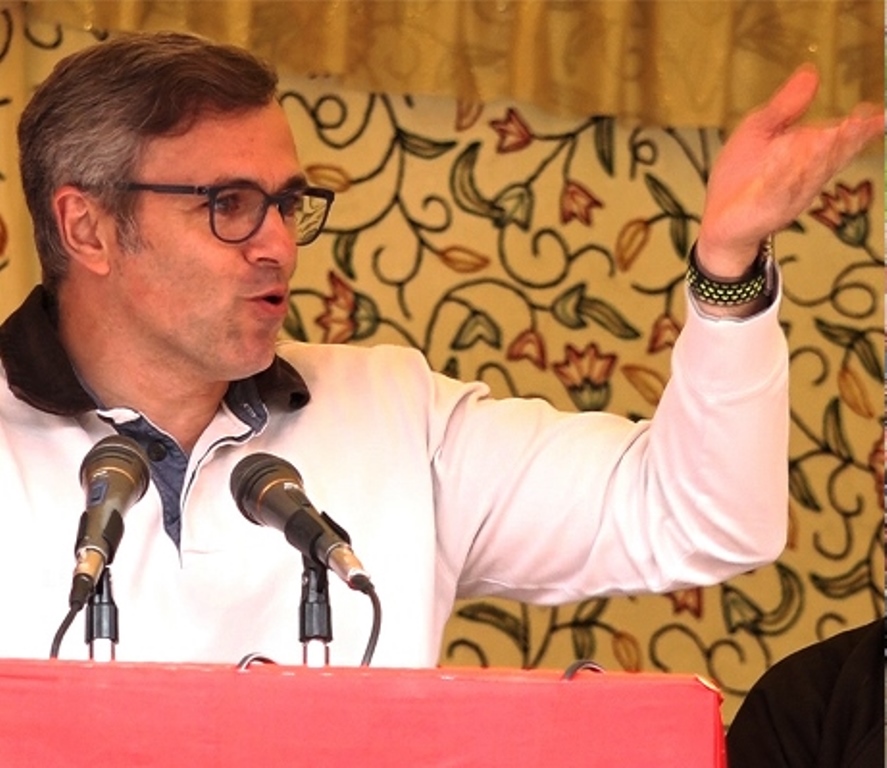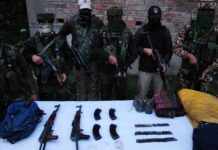SRINAGAR: Federation of Chambers of Industries Kashmir (FCIK) has contested the proposal filed by Kashmir Power Distribution Corporation Limited (KPDCL) with Joint Electricity Commission for UT of J&K and UT of Ladakh (JERC) seeking approval for subsuming 15 percent of electricity duty in the tariff of consumers of all categories.
The hearing was chaired by Chairman Lokesh D Jha, with Commission members Er Ajay Gupta and Mohammad Rafi Andrabi, along with Secretary V K Dhar, in attendance.
KPDCL officials, including Managing Director Baseer ul Haq Chowdhary, Chief Engineer Javid Dar, SEs, Exens, consultants, and others presented their case and responded to objections from consumers and organisations.
The FCIK delegation, led by former President Shakeel Qalander and including former presidents Er Zahoor Bhat, Mohammad Ashraf Mir, Syed Fazal Illahi, and Ovees Jami, expressed surprise at KPDCL’s opportunistic proposal to include 15 percent electricity duty, especially in light of the government’s possible plan to abolish it.
They questioned why the utility would burden consumers with this proposal if the government intended to provide relief. FCIK also pointed out that the GST council was considering expanding the scope of GST to potentially include electricity supply.
The delegation argued that any tariff increase should only be sought after providing valid details to the Commission, which KPDCL failed to do. FCIK urged the Commission not to be swayed by the utility’s misleading claim that last year’s tariffs would remain unaffected. They also opposed the proposal to double flat rates for unmetered consumers, deeming it harsh for those in remote areas.
While acknowledging the corporations’ efforts in establishing necessary grid and transmission infrastructure, the FCIK delegation emphasised the need for continued expansion due to increasing demands for electricity from both industry and the general public. FCIK explained that Jammu and Kashmir’s current per capita energy consumption of 1492 kilowatt-hours was only one-third of the global average and was likely to rise with greater use of modern devices and industrial growth.
FCIK also addressed the issue of manpower shortages in power-related corporations, highlighting how this could directly affect their efficiency. They pointed out that there were 774 vacant posts in JKPTCL alone, which could impact overall performance. FCIK suggested that the Commission consider extending the retirement age for senior technocrats with extensive experience, similar to decisions made for medical professionals and university professors.
Regretfully, FCIK noted that two power corporations, JKPCL and JKSPDC, were operating without full-time heads. The delegation stressed the importance of procuring more solar energy due to its favorable cost and recommended establishing solar projects in the Union Territory. Currently, the UT produces only 30 MW of solar energy, compared to 17800 MW in Rajasthan, 10130 MW in Gujarat, 9050 MW in Karnataka, and 6800 MW in Tamil Nadu.
The Commission, KPDCL representatives, and civil society engaged in a prolonged discussion on the matter, ultimately agreeing on the need to promote rooftop solar panels and establish solar projects. The Commission directed officials to have further discussions with FCIK, involving authorities from JAKEDA as well.
Among other topics, FCIK addressed the recurring incidents of electrocution involving linemen and staff. They expressed disappointment that despite clear instructions from the Commission, many field staff members were still working without essential safety equipment. The Commission acknowledged the urgency of the matter and pledged to issue appropriate orders.















